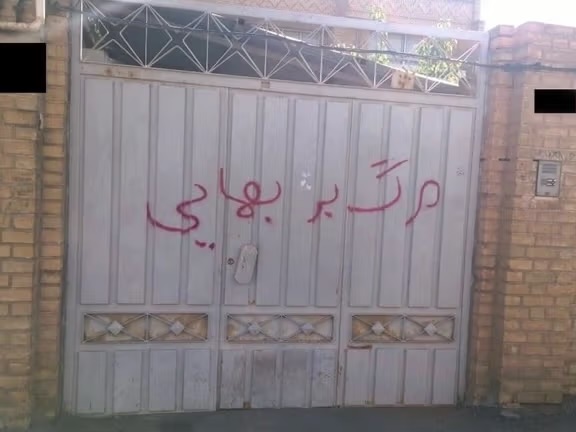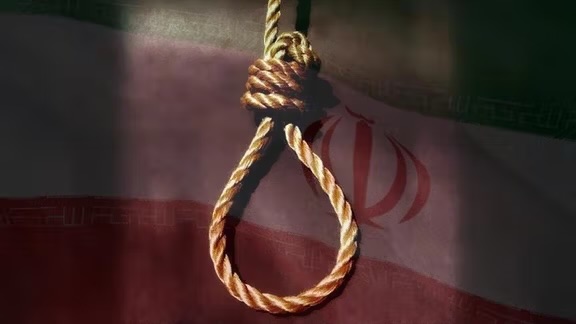
A hardline commentator on Iranian state television has accused the Baha’i religious minority of maintaining covert allegiance to Israel, reinforcing long-standing state hostility that continues to fuel systematic discrimination and repression.
During a televised program later circulated on social media, Ali Shirazi claimed that “the Baha’i sect has an unbreakable bond with Zionism” and alleged that Baha’i adherents, despite being Iranian, remain tied to foreign enemies. “Baha’i and Israel are one and the same, not two separate entities at all,” he stated, invoking rhetoric frequently used to justify state actions against the group.
The comments follow fresh warnings issued by the Baha’i International Community regarding an intensified crackdown on followers inside Iran. According to the organization, coordinated security operations were carried out across at least six provinces in recent days. It reported that at least 22 Baha’is were subjected to home raids, confiscation of personal belongings and electronic devices, sealing of businesses, and arrests without clear legal process or disclosure of detainees’ whereabouts.
Rights advocates note that such actions align with a wider pattern of pressure imposed on ethnic and religious minorities throughout Iran. Communities including Baha’is, Kurds, Ahwazi Arabs, Baluchis, and others routinely face surveillance, economic marginalization, and restrictions on cultural and political expression. Analysts argue that these campaigns are driven by both ideological intolerance and a desire to suppress perceived dissent in regions already experiencing social strain.
International human rights groups consistently rank Iran among the world’s most repressive states toward minority populations, documenting collective punishments, denial of basic freedoms, and criminalization of identity-driven activism.
The escalation of hostile rhetoric on state-controlled media signals that Tehran’s campaign against minority groups, particularly the Baha’i community, is likely to intensify. Community representatives warn that without urgent global attention, the threats facing religious and ethnic minorities could evolve into broader humanitarian crises inside the country.


